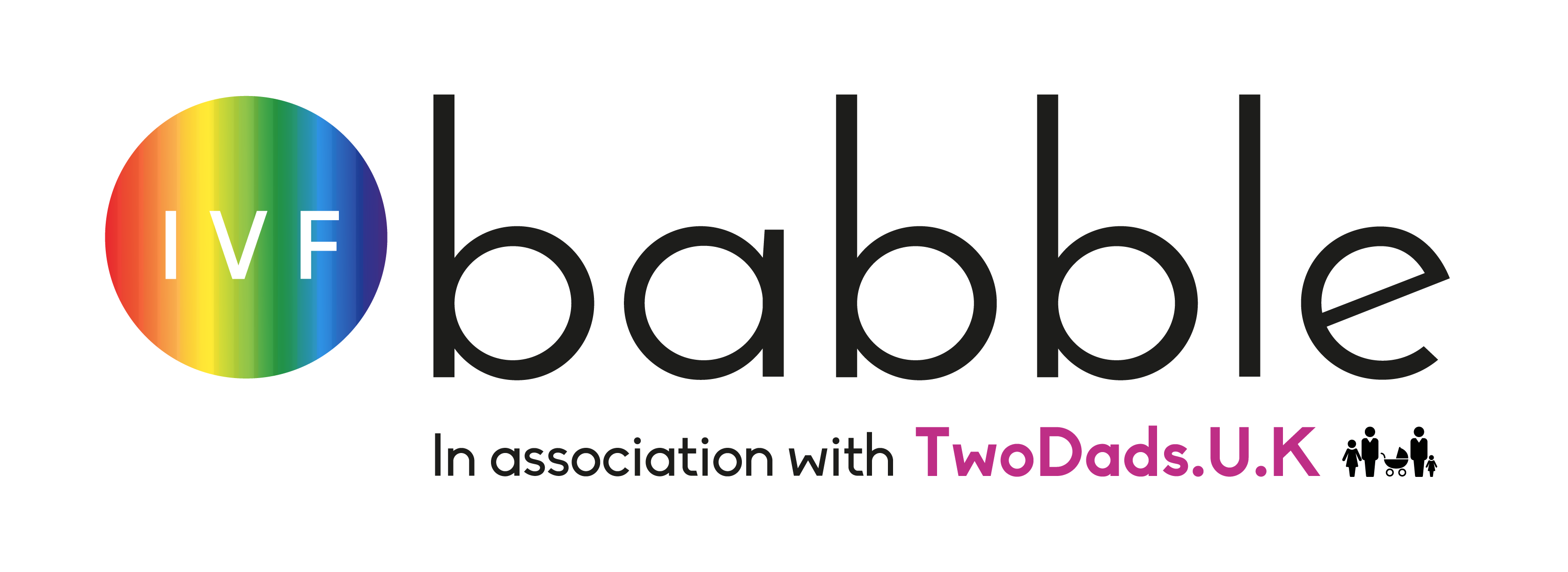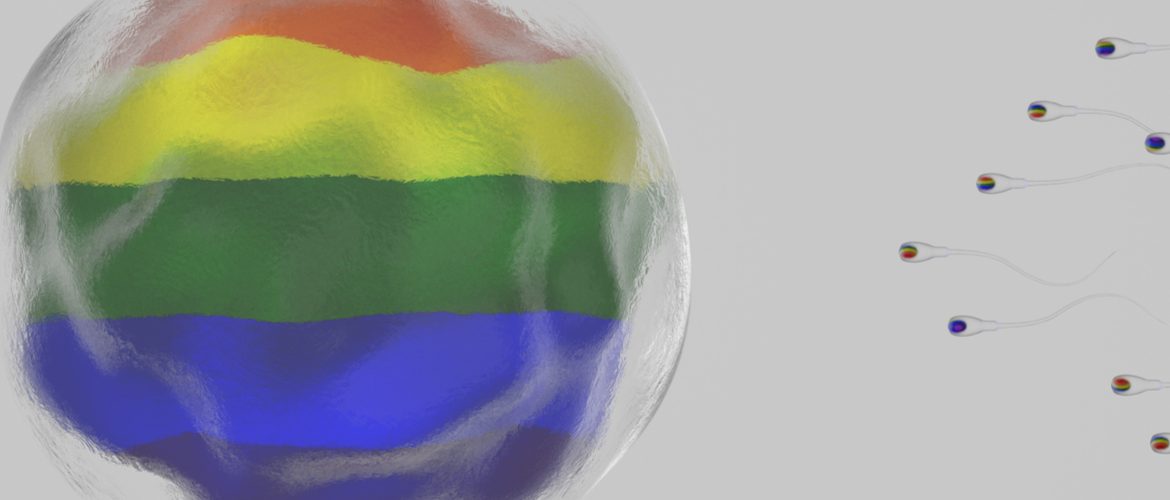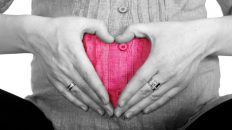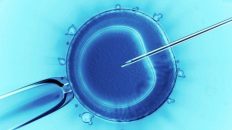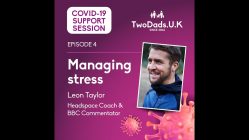When a couple has fertility problems and they may not be successful using their own sperm and/or eggs, they can use donated embryos.
Why choose this path?
This may be an option if both partners have a serious condition that would be inherited by any children. Single women may want a child using double donation (sperm and egg) and/or using embryo donation (sperm and egg at embryo stage) because her own eggs are not suitable.
The average success rate for each treatment cycle using donor embryos is slightly higher than conventional IVF across all age groups. Donor embryos are typically from a donor egg from someone 35 or under and donor sperm from someone aged 45 or under.
How IVF works with a donor embryo
- Once you have decided that using donated embryos is suitable for you and your doctor agrees, your clinic will offer to put you on a waiting list for a donor. Your clinic will try to select donors whose physical characteristics match you and your partner as closely as possible
- An embryo donor is chosen and screened to ensure a clean bill of health
- The donated embryos will have previously been frozen
- A pre-medication ultrasound is performed to ensure there are no cysts or other structural problems
- The intended mother will have blood testing and ultrasound scans that enable her physician to identify the appropriate point in the cycle for transfer. She may also be given medication to prepare the lining of her endometrium. On the day of transfer, the embryo(s) are thawed and transferred to the uterus
